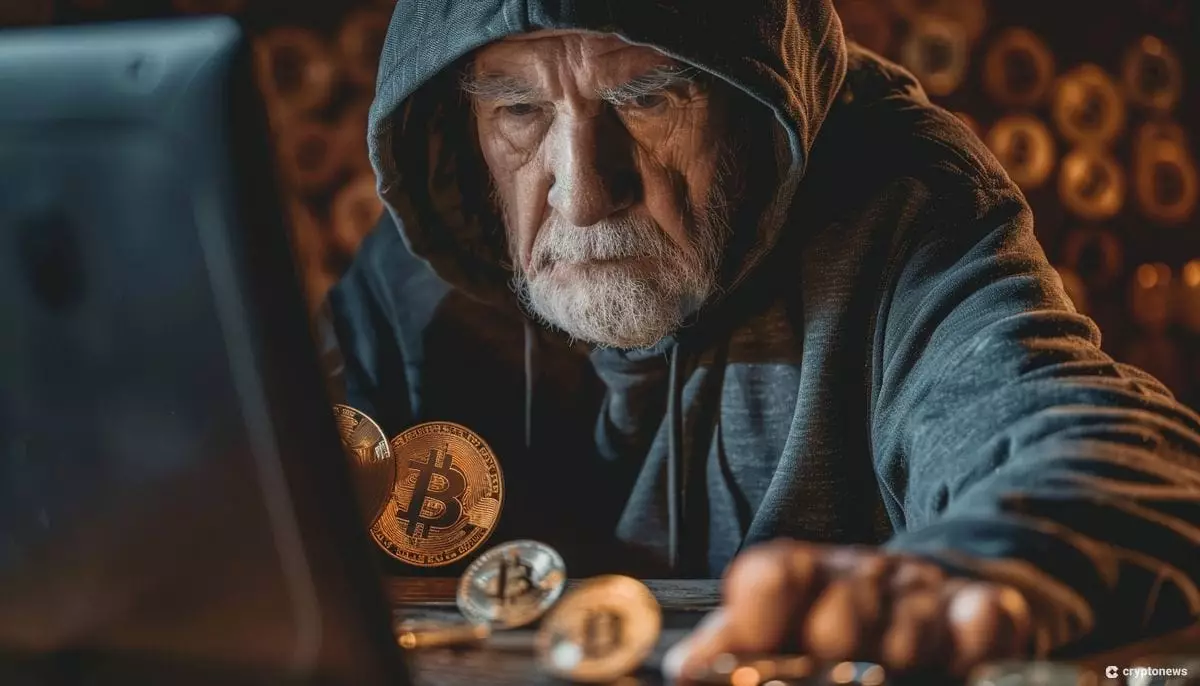Recent reports from Busan, South Korea, shed light on a disturbing case of fraud where a pair of individuals managed to swindle $4.1 million from a 60-year-old victim through false promises of lucrative crypto investments. The fraudsters, both in their 20s and 30s, targeted the victim with enticing claims of a 70% monthly return on investments in virtual currency, ultimately deceiving the elderly individual through multiple transactions spread over months.
The arrested fraudsters, identified as a man in his 20s and his accomplice in his 30s, employed deceptive tactics to manipulate the victim into investing large sums of money in their fraudulent scheme. By leveraging the bullish trend in the virtual currency market, the scammers managed to defraud the victim of a staggering 5.5 billion won through six separate transactions. Despite their modest holdings, the fraudsters employed forged documents, including balance certificates and fake contracts, to create an illusion of wealth and credibility, ultimately resulting in significant financial losses for the unsuspecting victim.
Legal Battle of Do Kwon: From Crypto Tycoon to Alleged Fraudster
In parallel to the unfortunate case of the defrauded senior citizen, the cryptocurrency community in South Korea has been closely following the legal saga of Do Kwon, the co-founder of Terraform Labs. Kwon, a prominent figure in the country’s crypto scene, recently made headlines following his release from prison in Montenegro amidst extradition requests from both the United States and South Korea.
Kwon’s notoriety stems from his involvement in the failed crypto project TerraUSD stablecoin, which was launched in 2022 with the promise of being pegged algorithmically 1:1 to the U.S. dollar. However, the project faced difficulties, leading to the collapse of both TerraUSD and LUNA, the Terra sister token. Subsequently, authorities in the United States and South Korea initiated legal proceedings against Kwon, accusing him of fraud and tax evasion in connection with the $40 billion implosion of the Terra ecosystem.
Despite his denials, Kwon faces serious allegations and legal challenges, including an upcoming trial in Manhattan federal court where the United States Securities and Exchange Commission (SEC) is actively involved. The SEC’s pursuit of Kwon underscores the international scope of financial crimes in the cryptocurrency space and the growing scrutiny faced by key figures in the industry.
Conclusion: Navigating the Complexities of Cryptocurrency Fraud and Legal Accountability
The cases of the fraudulent duo in Busan and the legal battle of Do Kwon serve as cautionary tales highlighting the risks and consequences associated with illicit activities in the cryptocurrency sector. As the industry continues to evolve and attract both legitimate investors and malicious actors, regulatory authorities worldwide are ramping up efforts to combat fraud, protect investors, and ensure accountability for wrongdoers.
Education, due diligence, and regulatory compliance are essential components in safeguarding individuals and the broader financial ecosystem from exploitation and fraud. By fostering transparency, accountability, and ethical practices, stakeholders in the cryptocurrency community can work together to promote trust, integrity, and sustainability in this rapidly changing landscape. As we navigate the complexities of cryptocurrency fraud and legal accountability, vigilance and collective action remain crucial in upholding the integrity and reputation of the industry.


















